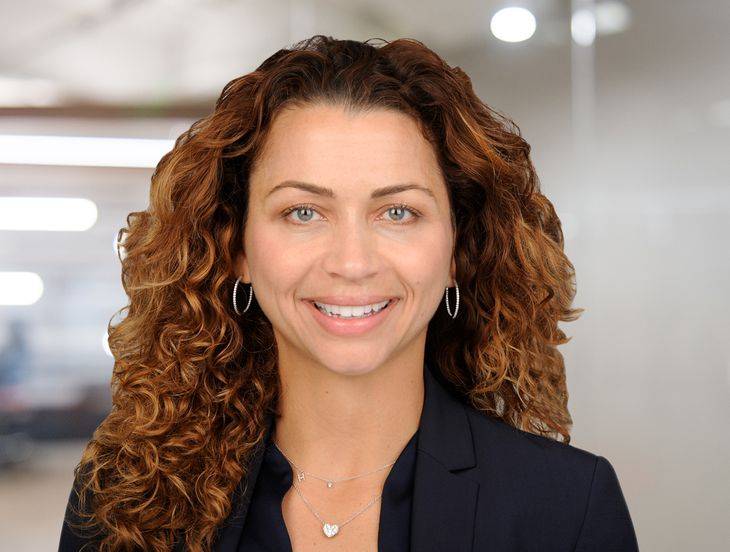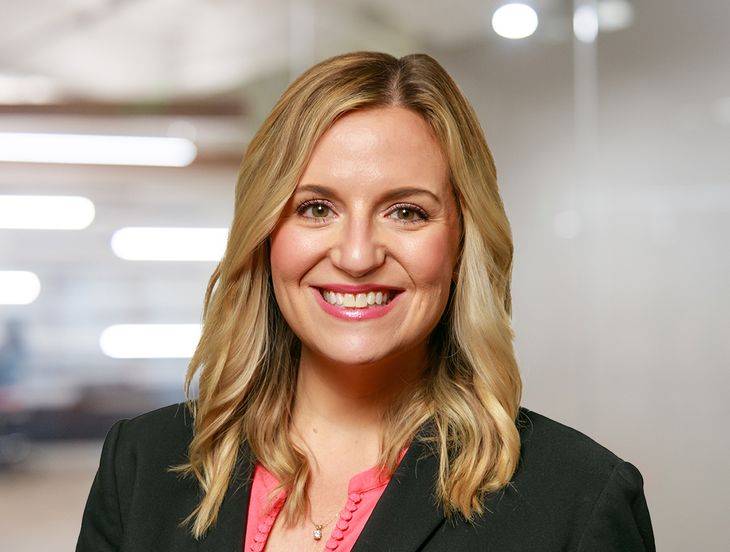California Echoes CDC’s Masking Guidance for Vaccinated
Insights
7.29.21
Less than a day after the Center for Disease Control and Prevention (CDC) issued new masking guidance for fully vaccinated individuals in substantial or high transmission areas, the California Department of Public Health (CDPH) quickly followed suit by updating its Guidance for the Use of Face Coverings. Similar to the CDC, the CDPH’s July 28 announcement recommends universal masking indoors statewide regardless of vaccination status. What do California employers need to know about this development?
Overview
In addition to recommending universal masking in indoor public settings and businesses across California regardless of vaccination status, the CDPH continues to require masks for all individuals in indoor public transit, indoor K-12 schools, childcare settings, emergency shelters, cooling centers, healthcare settings, correctional facilities and detention centers, and homeless shelters. The updated guidance adds long-term care settings and adult and senior care facilities to the list of indoor settings where masks are required by all.
Masks are still required for unvaccinated individuals in indoor public settings and businesses. In describing “indoor public settings and businesses,” the CDPH provided a list of examples including retail, restaurants, theatres, family entertainment centers, meetings, and state and local government offices serving the public. However, unlike the recent clarification to the Los Angeles County Mask Order, which expressly states that the mask mandate applies to public and private businesses (including indoor office settings), the CDPH Guidance makes no such specification. Hopefully, this is something that CDPH and/or Cal/OSHA will soon clarify. In the interim, it is prudent to apply the CDPH’s masking guidance even to office settings that are not otherwise “open to the public” in the traditional sense.
The CDPH’s guidance is just one of a series of recent aggressive approaches by California agencies to decrease new COVID-19 infections. Less than two weeks ago, the CDPH stated that students and staff at California’s K-12 schools will be required to wear masks during the next school year, regardless of vaccination status. Earlier this week, California Governor Gavin Newsom announced that the state will soon require all healthcare workers and state employees to show proof of a COVID-19 vaccination or be subjected to weekly testing.
Impact on Cal/OSHA’s Emergency Temporary Standard
New – and sometimes conflicting – guidance from different state and federal agencies can be difficult to reconcile. Last month, in the wake of the CDPH’s “reopening” of California and mask guidance, Cal/OSHA revised its Emergency Temporary Standard (ETS) stating that fully vaccinated individuals were no longer required to wear face coverings. At first glance, it appears that the ETS is at odds with both the CDC and the CDPH’s most recent guidance. However, the ETS expressly provides that “employers shall provide face coverings and ensure they are worn by employees when required by orders from the CDPH.” For this reason, employers must carefully follow any such requirements ordered by the CDPH.
With the exception of employers in LA County, Sacramento County and Yolo County – where masks are required in public and private businesses regardless of vaccination status – vaccinated individuals are currently not required to wear masks indoors under this updated guidance. However, California employers should consider following the recommendations of both the CDC and CDPH, which both recommend that all employees wear masks while indoors regardless of vaccination status.
Next Steps
With so many changes – and likely more on the horizon – California employers should follow updates closely to ensure compliance. Make sure you are subscribed to Fisher Phillips’ Insight System to get the most up-to-date information. For further information, contact your Fisher Phillips attorney, the authors of this alert, or any attorney in our California offices.
Related People
-
- Benjamin M. Ebbink
- Partner
-
- Hannah Sweiss
- Partner
-
- Samantha J. Monsees
- Partner


